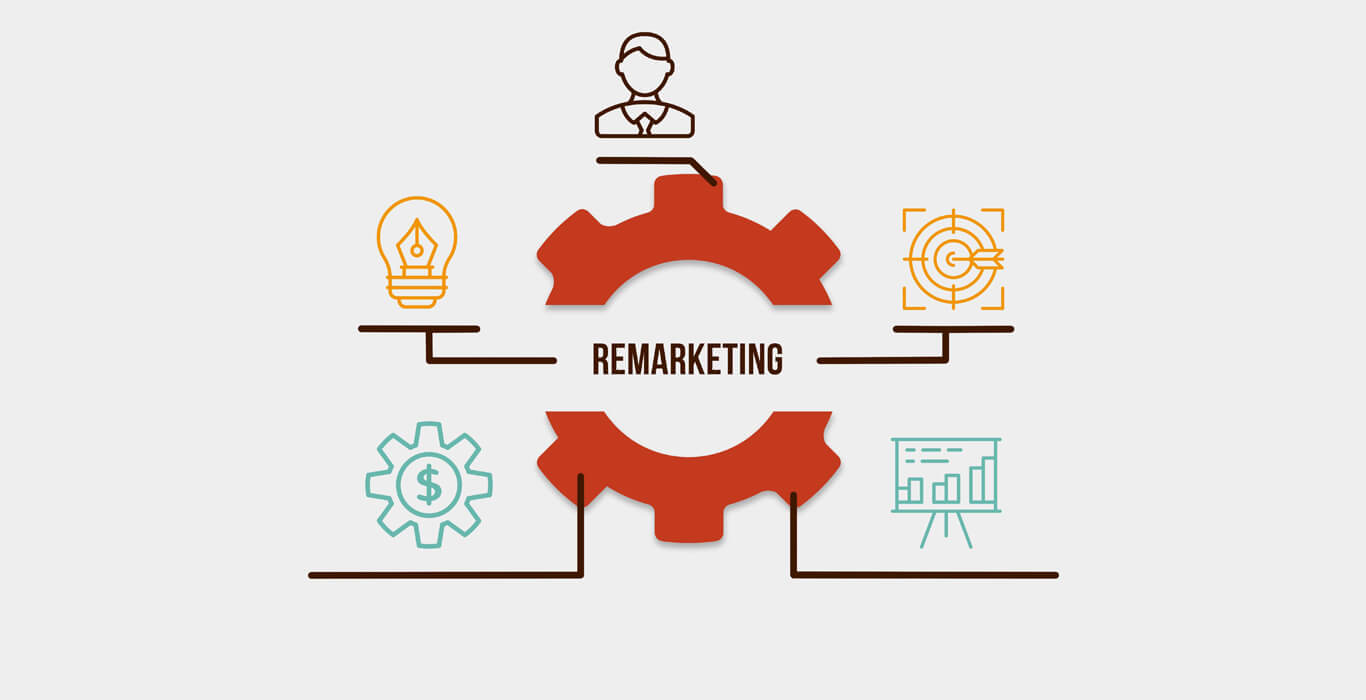A robust performance marketing strategy has the power to drive measurable results and achieve business growth. To put it in simple terms, performance marketing is a data-driven approach which focuses on generating specific actions, such as clicks, leads, or sales, through various marketing channels. In this article, we will guide you through the steps to build a winning performance marketing strategy from scratch.

What is Performance Marketing?
Performance marketing is a form of digital marketing whereby advertisers only pay for customer actions. These include clicks, leads or conversions. However, do remember that in display marketing, businesses have to pay for views or to get the desired reach. Unlike traditional forms of marketing which pay for exposure regardless of results, performance marketing ensures that every rupee spent is tied to a measurable outcome.
Why is Performance Marketing Strategy Important?
Importance of having a well-defined performance marketing strategy includes:
- Optimize budget allocation: Spend money where it drives the most value.
- Measuring ROI: Track the effectiveness of campaigns in real-time.
- Improved targeting: Reach the right audience with precision.
- Scale effectively: Quickly identify and expand successful tactics.
Steps to Build a Winning Performance Marketing Strategy:
Set Clear Goals – Start by understanding what you want to achieve; whether it’s increasing website traffic, generating leads, or boosting sales, clear goals will direct your strategy and help measure success.
Identify Your Audience – Determine who your target audiences are. Create detailed buyer personas across demographics, interests and behaviour patterns. This will help tailor your campaigns to meet their needs and preferences.
Choose the Right Performance Marketing Channels:
Select the platforms and channels where your audience is most active. Common channels include:
- Search Engine Marketing (SEM): Google Ads, Bing Ads
- Social Media Advertising: Facebook, Instagram, LinkedIn
- Affiliate Marketing: Partnering with affiliates to promote your products
- Display Advertising: Banners, pop-ups on relevant websites

Develop Effective Ad Creatives – Make ads resonate with the target audience by using eye-catching visuals and persuasive copy that shows the advantages of your product or service. Do an A/B test between different creatives to see what performs best.
Optimize Campaigns Continuously – Monitor and optimize campaigns regularly. Use analytics tools to track performance metrics such as click-through rates (CTR), conversion rates and cost per acquisition (CPA). Improve results based on data through adjusting strategies.
Leverage Data and Analytics – Make use of data analytics to get insights into your campaigns. Google Analytics, Facebook Insights and other marketing platforms are tools which can provide useful information on user behaviour and campaign performances.
Scale Successful Campaigns – Once you identify what works, scale those campaigns. Allocate more budget to high-performing ads and expand your reach to new audiences.
Use Case Example: Boosting E-commerce Sales:
A mid-sized e-commerce company wanted to increase its online sales. They partnered with IKF to develop a performance marketing strategy. By setting clear goals, identifying their target audience, and selecting the right performance marketing channels (Google Ads and Facebook Ads), they created compelling ad creatives and optimize campaigns continuously. Within six months, they saw a 40% increase in sales and a 30% reduction in customer acquisition costs.
Conclusion:
Building winning performance marketing strategies requires careful planning, continuous optimization, and knowing your audiences very well. By following these steps with grounded insights your business can drive business growth significantly and ensure a higher return on investment.
IKF offers a comprehensive suite of performance marketing services in Pune, from strategy development to campaign management and optimization. We can help you craft a winning plan that attracts customers and drives growth for your business. Contact IKF today and let’s get started.
FAQs
1. How to create a winning marketing strategy?
To create a winning marketing strategy:
- Set Clear Goals: Define specific, measurable, achievable, relevant, and time-bound (SMART) objectives.
- Understand Your Audience: Develop detailed buyer personas to tailor your approach.
- Choose the Right Channels: Select platforms where your target audience is most active.
- Create Compelling Content: Develop engaging and relevant content that resonates with your audience.
- Monitor and Optimize: Continuously track performance metrics and adjust strategies for better results.
For expert assistance, consider partnering with professionals like IKF.
2. What is performance marketing, and why is it important for businesses?
Performance marketing is a results-driven digital marketing strategy where advertisers pay only when specific actions, such as clicks, leads, or sales, are completed. It is important for businesses because it ensures cost-effectiveness by tying expenditures directly to measurable outcomes, optimizing budget allocation, improving ROI, and allowing precise targeting of the right audience. This approach enables continuous campaign optimization and scalability based on performance data, driving significant business growth.
However, do remember that in display marketing, businesses have to pay for views or to get the desired reach.
3. What are some common performance marketing metrics used to measure success?
Common performance marketing metrics used to measure success include:
- Click-Through Rate (CTR): The ratio of users who click on an ad to the total number of viewers.
- Conversion Rate: The percentage of users who complete a desired action, such as making a purchase.
- Cost Per Click (CPC): The amount spent for each click on an ad.
- Cost Per Acquisition (CPA): The cost to acquire a customer or lead.
- Return on Investment (ROI): The profitability of marketing efforts relative to the cost.
4. What role does audience targeting play in performance marketing?
Audience targeting plays a crucial role in performance marketing by ensuring that marketing efforts are directed towards the most relevant and likely-to-convert segments of the audience. It helps in:
- Optimizing Budget: Allocating resources effectively to reach potential customers.
- Improving Engagement: Delivering tailored content that resonates with the audience’s interests and needs.
- Enhancing Conversion Rates: Increasing the likelihood of converting leads into customers by targeting those most likely to be interested in the product or service.
- Maximizing ROI: Ensuring that marketing spend yields the highest possible return.

Ashish Dalia is the CEO & Chief Digital Marketing Strategist at I Knowledge Factory Pvt. Ltd.


Ashish Dalia is the CEO & Chief Digital Marketing Strategist at I Knowledge Factory Pvt. Ltd.













